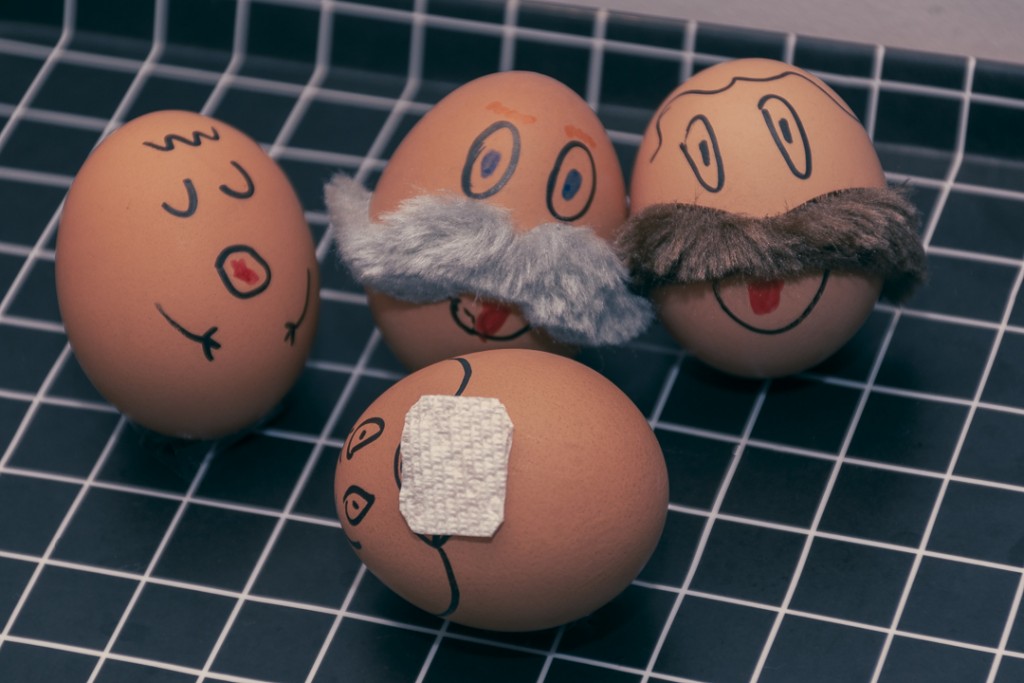
“When we laugh with someone—whether through a screen or 2m apart—we get this cocktail of hormones that strengthens our emotional bonds in a way that wouldn’t otherwise be possible.”
-Naomi Bagdonas
Humour continues to be the best medicine to cope with the pandemic
By Brandon Yip, Senior Columnist
The pandemic has been very challenging for many people. Since March 2020, our lives have been altered. COVID-19 restrictions have often resulted in declining mental and physical health. Humans are social creatures, so the inability to be with close friends and relatives has been very difficult. Additionally, healthcare workers have been overwhelmed as ICU beds fill.
But one coping mechanism that appears to have helped many people through the pandemic is humour. As the old saying goes, “laughter is the best medicine.” Sometimes, it is good to just laugh. However, I am not endorsing laughing at people affected by COVID-19. There is nothing funny about people who have suffered and who have lost loved ones to this virus.
Studies have shown that laughter does help people cope better with increased levels of stress. According to Naomi Bagdonas, author of the book, Humour, Seriously, the use of humour is especially important during the pandemic. “Some people believe this is too serious a time to laugh,” Bagdonas said during a Zoom interview with The Guardian in October 2020. “But this is when we need humour more than ever. With this global pandemic, the shift to remote working, loneliness and depression rising precipitously, many of us have never felt so disconnected. When we laugh with someone—whether through a screen or 2m apart—we get this cocktail of hormones that strengthens our emotional bonds in a way that wouldn’t otherwise be possible. Studies show it makes us more resilient, creative and resourceful.” Indeed, there is evidence that laughter often helps people cope with stressful situations like the pandemic. According to the same article “laughter triggers the ‘happy hormones’ and suppresses cortisol, the stress hormone. It increases blood flow, and is a muscle relaxant.”
Gil Greengross, in a May 2020 article he wrote about humour, says the ability to laugh is very therapeutic for patients experiencing serious life-threatening illnesses. “This is because, from a psychological point of view, humour is a great defence mechanism which helps us deal with emotionally challenging situations, especially ones which are overwhelming and unpredictable,” he wrote. “Many cancer patients and their doctors, for example, routinely tell jokes and laugh about the disease, in an attempt to cope and distract themselves from the serious situation.”
Nevertheless, it is evident that funeral services, which are sombre occasions—are sometimes organized and delivered as a “Celebration of Life.” It is therapeutic to laugh at amusing anecdotes about the deceased person, rather than being melancholic for the entire funeral service. It is important to mourn the person and cherish their memory, but also to be able to laugh.
Another example where humour is used in a much more jovial environment is to entertain an audience at celebrity roasts. Many celebrities have willingly subjected themselves to being teased and ridiculed for the public’s enjoyment, including Justin Bieber, Charlie Sheen, David Hasselhoff, Alec Baldwin and Donald Trump. During Bieber’s in March 2015, Comedy Central roast, he delivered a cutting remark at Martha Stewart (who had roasted the Biebs earlier): “Martha, thanks for coming. I know that’s something you probably don’t do much of anymore.”
Lastly, humour has helped many people cope better with stress, relationship breakups and the loss of a loved one. And if people can find the positive side during challenging times like the pandemic—the use of humour will always be instinctive. Once again, laughter is indeed the best medicine. And it is free.

